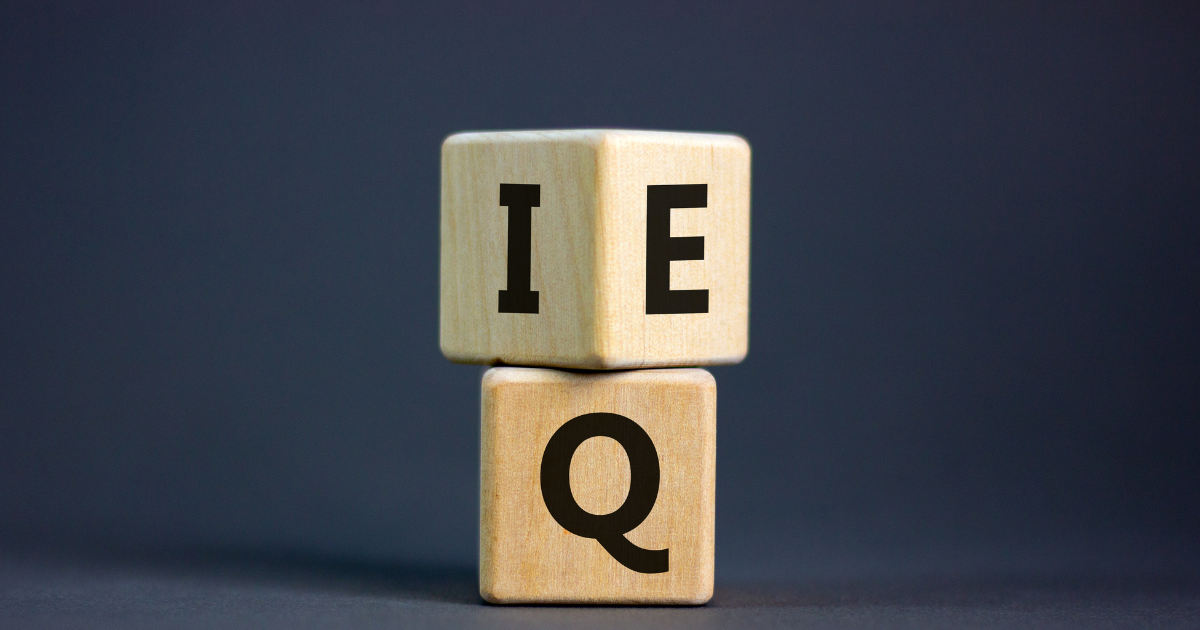Why Emotional Intelligence Is Now a Top Skill for Tax Executives
For more than a decade, I’ve owned and run a birth and parenting services business. It’s a field where emotional intelligence isn’t optional, it’s the job. I’ve spent years supporting families through experiences that can be joyful, vulnerable, unpredictable, and sometimes heartbreaking. I’ve seen how trust is built (or broken), how tone can change everything, and how thoughtful communication can make even the hardest news easier to hear.
At first glance, the corporate tax world couldn’t seem more different. But here’s the thing: the same skills that keep a birth client calm in a high-stakes, high-pressure moment are the very same skills that make a great senior tax leader.
Emotional intelligence - the ability to read the room, connect with people, and lead with empathy - is no longer a “nice-to-have” for executives. It’s a core leadership skill, and in today’s corporate landscape, it can be the deciding factor between a competent leader and a transformative one.
Tax Is Now a Strategic Partner, Not a Back-Office Function
Senior tax leaders are increasingly expected to influence M&A strategy, advise on global expansion, and communicate complex concepts to people outside the tax department. That requires more than technical knowledge, it requires the ability to build trust, adapt your message, and get buy-in from stakeholders who see the world differently than you do.
Global, Cross-Functional Collaboration Is the Norm
The role of a tax executive almost always involves navigating competing priorities between departments like finance, legal, HR, and operations. High EQ leaders can:
Build genuine rapport with peers.
Defuse tensions before they escalate.
Find win-win solutions in challenging situations.
Without those skills, even the most technically brilliant executive risks being sidelined.
Leading Through Uncertainty Requires More Than Technical Answers
From changing regulations to market volatility, uncertainty is a constant in tax. Teams look to their leaders for both direction and reassurance.
Leaders with high EQ know how to:
Stay composed when the pressure is on.
Listen fully before acting.
Deliver decisions in a way that inspires confidence and clarity.
Retention and Development Depend on Human Connection
The best tax executives don’t just manage workflows, they develop people. They spot burnout before it becomes a resignation. They give feedback that’s constructive rather than critical. They create an environment where top talent chooses to stay.
For companies, this means lower turnover costs, stronger team performance, and a healthier culture.
What This Means for Candidates
If you’re a senior tax professional, developing your emotional intelligence is one of the fastest ways to increase your value and visibility. You can start by:
Asking trusted colleagues for honest feedback on your communication style.
Practicing active listening in meetings.
Observing leaders you admire and noting how they build trust.
What This Means for Hiring Managers
When evaluating candidates, look beyond the résumé. Ask questions that reveal how they’ve handled difficult conversations, earned buy-in from skeptical stakeholders, and motivated teams under pressure.
The right hire will combine technical excellence with emotional intelligence, and that’s the combination that drives long-term success.
My years in the birth industry taught me that emotional intelligence can be the difference between chaos and clarity, fear and trust. The stakes may look different in the corporate tax world, but the principle is the same: technical skill gets the job done, and emotional intelligence inspires people to follow your lead.

